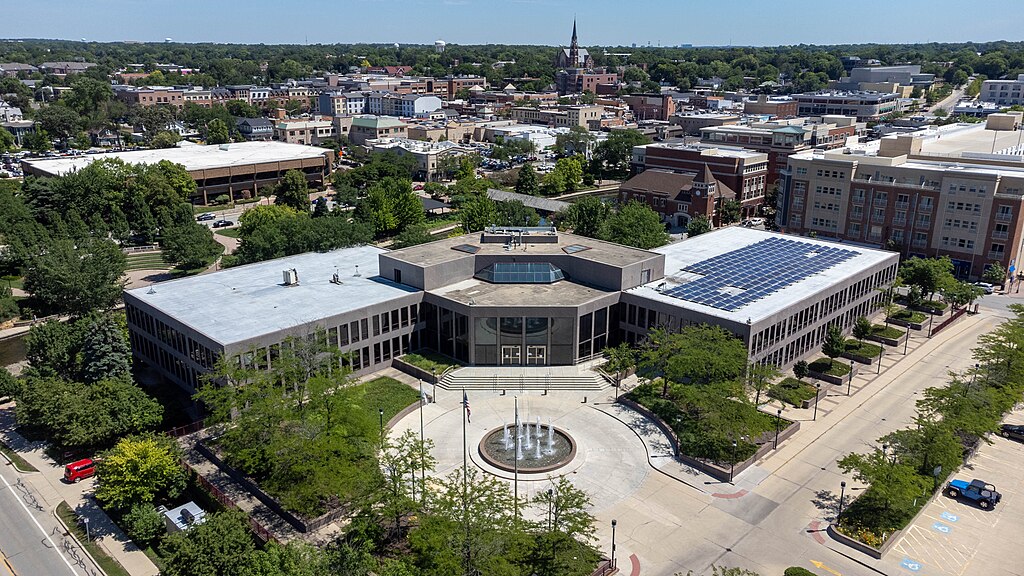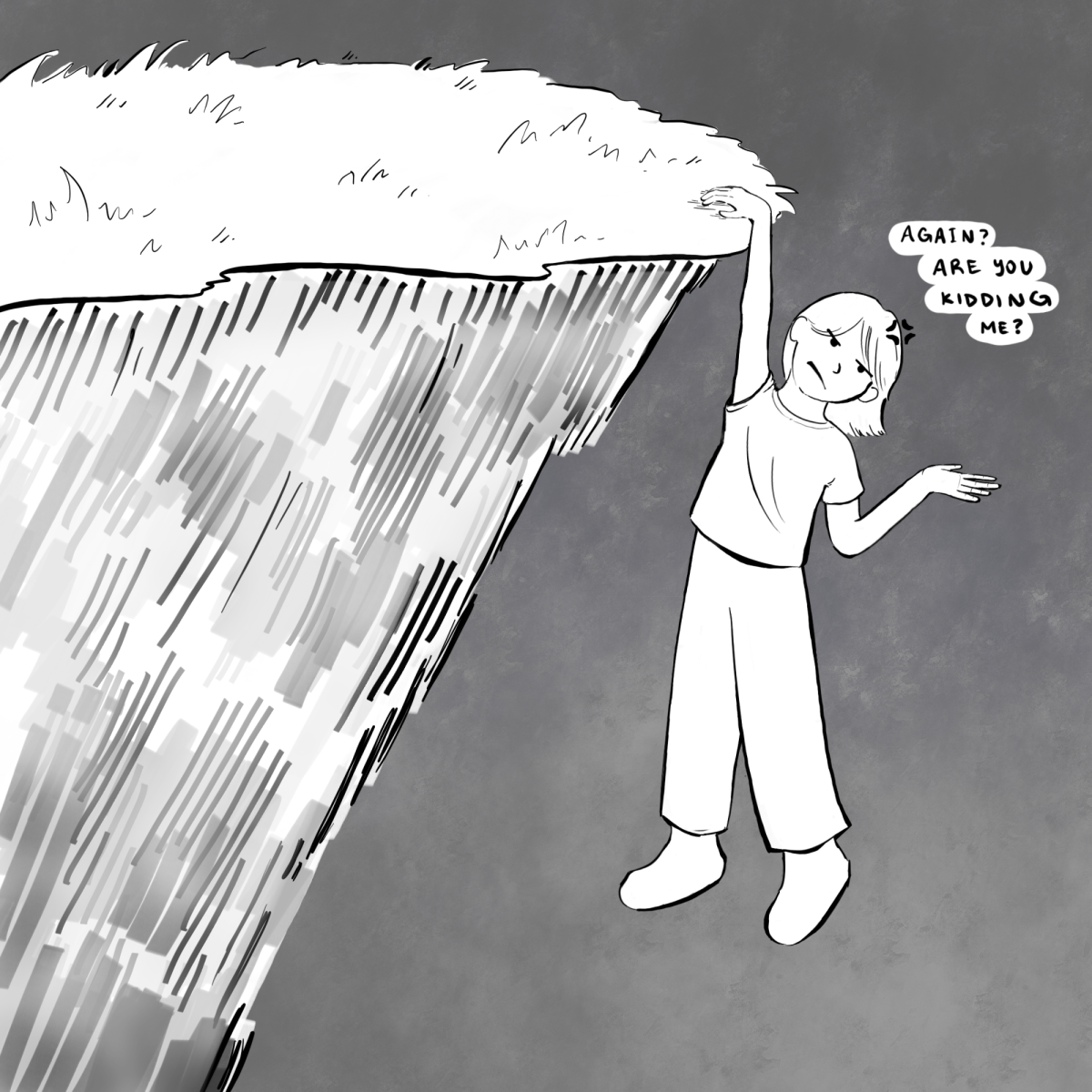Column: The pitfalls of activist media
November 12, 2019
At the beginning of this school year, my Instagram was flooded with stories reposting a video of the Amazon rainforest burning down.
The reason?
When consumers purchase meat, they fuel the demand for more land. In response, Brazilian farmers cut down trees, causing deforestation and rendering the rainforest more vulnerable to future fires. After all, it’s more likely that the fire will be exacerbated by sunlight heating the forest floor if there are few trees to provide shade.
So, they said: Eat less meat.
The problem is that these issues aren’t so simple. The Brazilian government, and particularly President Bolsonaro, doesn’t encourage environmentally friendly policies – in fact, they’ve been criticized for doing the opposite. President Trump’s trade war has caused an decrease in Brazilian soybean imports; they’ve begun selling them in China instead. In the most extreme example, even if we cut off meat consumption, soybean production in Brazil will continue the process of deforestation.
It’s not that reducing your meat intake won’t help the environment. It’s that, in a short-lived Instagram story, a viewer can’t, and won’t, be sufficiently informed about the world’s largest rainforest being engulfed in flames, or what led this to occur in the first place.
Social media has a tendency to simplify. That’s not inherently harmful. When viewers, however, believe that watching a three-minute Instagram video is enough – that is when slacktivism begins.
This summer, Instagram users turned their profile pictures blue in support of Sudanese citizens, who were experiencing a social media blackout. Some began sharing a story on their accounts: the @SudanMealProject claimed that with each repost, they would donate a meal to the starving civilians in Sudan.
Others followed. In weeks, dozens of Instagram accounts were created: @sudanmealprojected, @sudan.mealproject, @mealsforsudan, @sudanmealproject1, @sudanmealsprojects. The list goes on. Then reality struck: in a direct message that was later publicized, the owner of a meal project account admitted he/she had been using the Sudan crisis to gain followers on social media.
The entire purpose of raising awareness is initiating effective action. Despite the prevalence of videos of a burning rainforest, many didn’t change their environmentally unfriendly habits. I’m guilty of this, too: I drive to school when I can walk. Sometimes, my showers last longer than necessary. My carbon footprint is a lot larger than a women’s 6.5.
The consequences of slacktivism, however, is not just that it’s ineffective – it’s harmful, too.
When Instagram accounts repost misleading information, they contribute to the exploitation of crises on social media. It’s counterproductive. It gives the false impression that one is inciting change.
That’s not to say that social media is completely harmful. It depends on the attitude it is approached with. Social media shouldn’t be an end, rather, a means of inspiring action by raising awareness. It’s happened before, too. When Taylor Swift posted on Instagram encouraging people to vote, voter registration surged. And we don’t have to be famous. The Ice Bucket Challenge, a popular challenge from several years ago, helped raise over $100 million, helping to subsidize significant scientific research.
The merit to social media stems from us doing more as a result. There isn’t a purpose to awareness if we merely sit and wait. Me watching the Amazon rainforest burn on social media isn’t going to help the environment if I continue my harmful habits.
There are other actions we can and should take. Sure…eat less meat. Also: conserve water, carpool, take public transportation, write to your representatives. Remain informed, and reflect on your ability to impact. Register to vote. Protest. Let’s make change.
It’s important to make our voices heard. But it shouldn’t stop there. We can’t forget to act.







